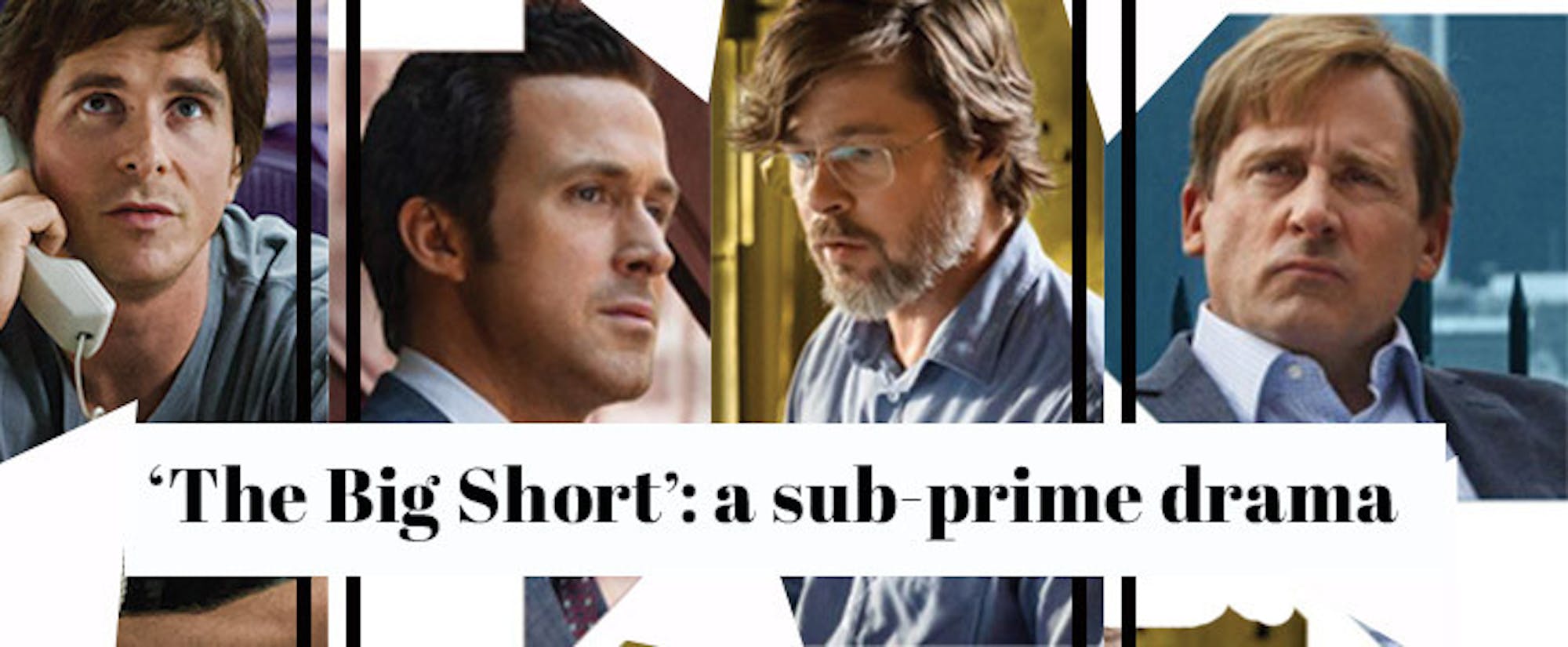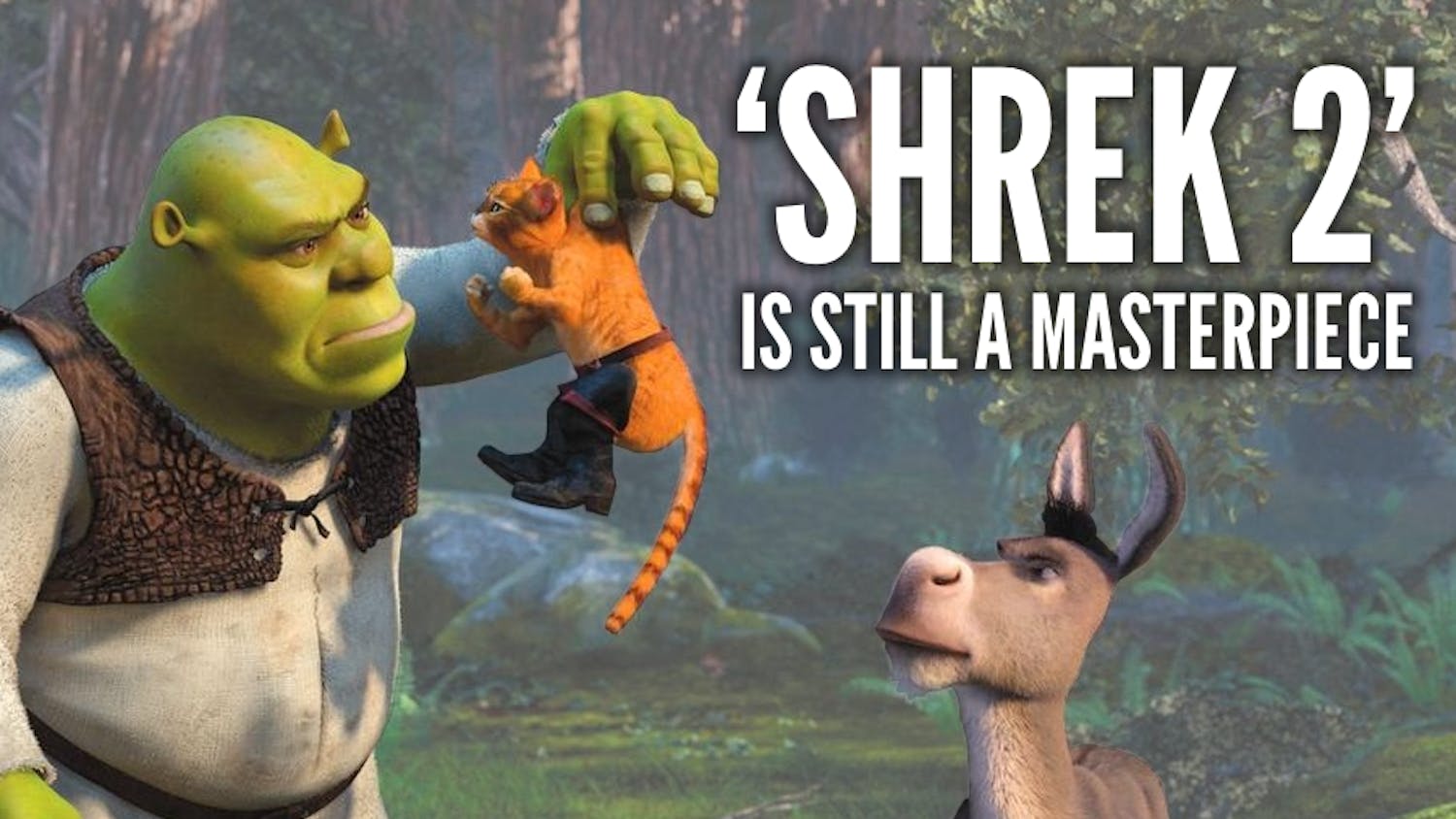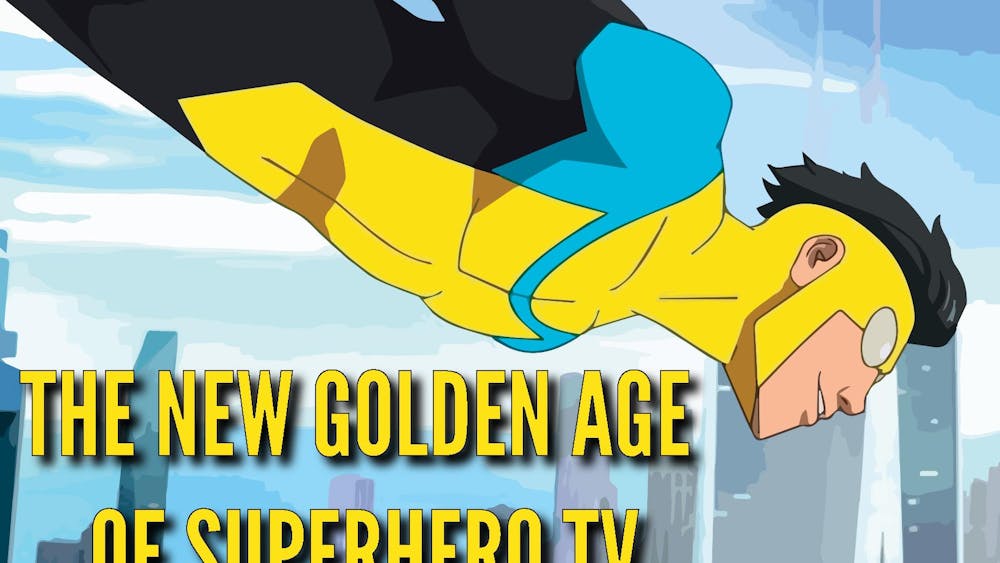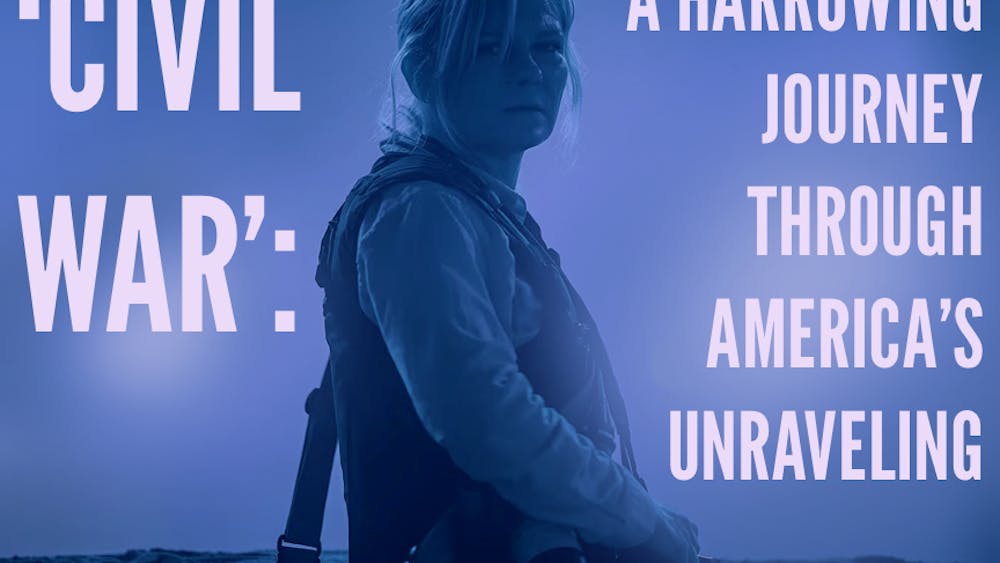
There are no spoilers to this film, for those of us who can remember the financial climate in 2008. The mortgage debt crisis situation is explained in the non-fiction 2010 novel by Michael Lewis “The Big Short: Inside the Doomsday Machine.” Knowing ‘The Big Short" the movie is based on this novel, you might wonder how a documentary could secure such big-name actors. Steve Carell, Christian Bale, Brad Pitt and Ryan Gosling are the names strewn across the movie poster.
The movie isn’t sold as a documentary, it’s adapted from the novel into a drama — but barely. Heavily narrated by Ryan Gosling, it features definitions of financial terms at the bottom of the screen and metaphorical explanations through celebrity cameo: Margot Robbie explains sub-prime loans in a bubble bath, famous chef Anthony Bourdain explains CDOs in a restaurant kitchen and Selena Gomez explains synthetic CDOs playing blackjack . The well-known stars draw attention to boring topics, but objective, scripted explanations are the least desirable way to enjoy your favorite celebrity.
Based on high ratings on IMDB and Rotten Tomatoes, viewers do not seem disappointed at the underdeveloped roles. Only Christian Bale, as a socially awkward former doctor with an incredible knack for number-crunching and an appreciation for heavy metal music, could have conveyed a real character out of his few lines. Steve Carell’s character shows emotion, but nothing dynamic or unexpected. Brad Pitt’s character mirrors maturity in his acting career by serving as a mentor to a young pair of investors. No cast could have done more with the limited flexibility of these roles.
The characters are not unimportant: they demonstrate the type of person that could have predicted the crisis. Unaffected by mainstream media and popular consensus, these “outsiders and weirdos” were the only ones eccentric enough to see past the illusion.
The film is provocative, but this is a result of the actual events. As an audience, we grow to hate the banks and bankers while desiring the success of many characters. But the sad and complicated reality is that their success means doom for the economy. Throughout the film, we experience multiple realizations on the front of each character and just how doomed the mortgage bonds really are, but these revelations lose their flavor throughout. Perhaps most heart-wrenching is the realization that the big banks won’t be paying for their mistakes — it’s working people who are screwed over again and again, but this realization is only seen at a distance in the film.
If “The Big Short” succeeds at anything, it’s at drawing mainstream attention to the irresponsible actions of the banking industry — the disguised historical account certainly draws more popular attention than the book. The based-on-real-life aspects of this movie are the most compelling, but they would be more compelling coming from a reputable source than a Hollywood movie. Personally, I would trade "The Big Short" for a documentary with actual witnesses and experts, and give Bale, Pitt, Carell and Gosling the time to star in an actual drama.













